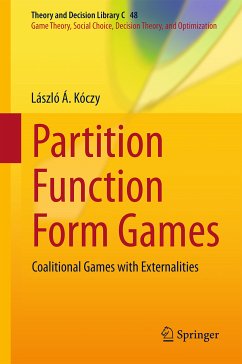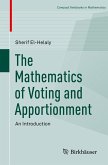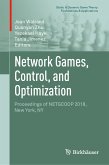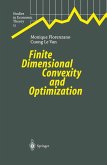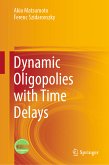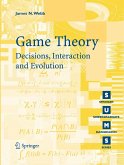This book presents a systematic overview on partition function form games: a game form in cooperative game theory to integrate externalities for various applications. Cooperative game theory has been immensely useful to study a wide range of issues, but the standard approaches ignore the side effects of cooperation. Recently interest shifted to problems where externalities play the main roles such as models of cooperation in market competition or the shared use of public resources. Such problems require richer models that can explicitly evaluate the side-effects of cooperation. In partition function form games the value of cooperation depends on the outsiders' actions. A recent surge of interest driven by applications has made results very fragmented. This book offers an accessible, yet comprehensive and systematic study of properties, solutions and applications of partition function games surveying both theoretical results and their applications. It assembles a survey of existing research and smaller original results as well as original interpretations and comparisons. The book is self-contained and accessible for readers with little or no knowledge of cooperative game theory.
Dieser Download kann aus rechtlichen Gründen nur mit Rechnungsadresse in A, B, BG, CY, CZ, D, DK, EW, E, FIN, F, GR, HR, H, IRL, I, LT, L, LR, M, NL, PL, P, R, S, SLO, SK ausgeliefert werden.
Hinweis: Dieser Artikel kann nur an eine deutsche Lieferadresse ausgeliefert werden.

